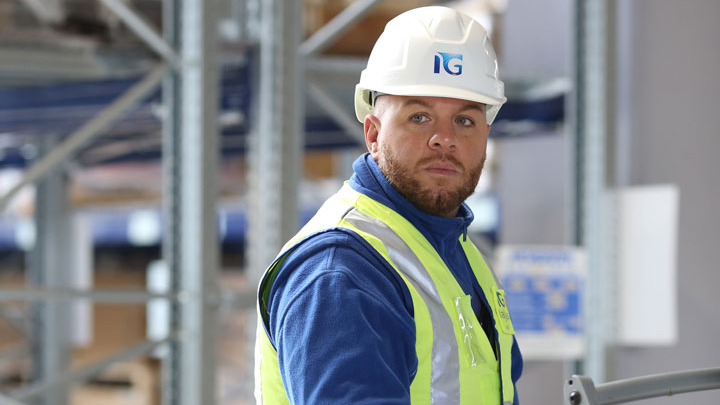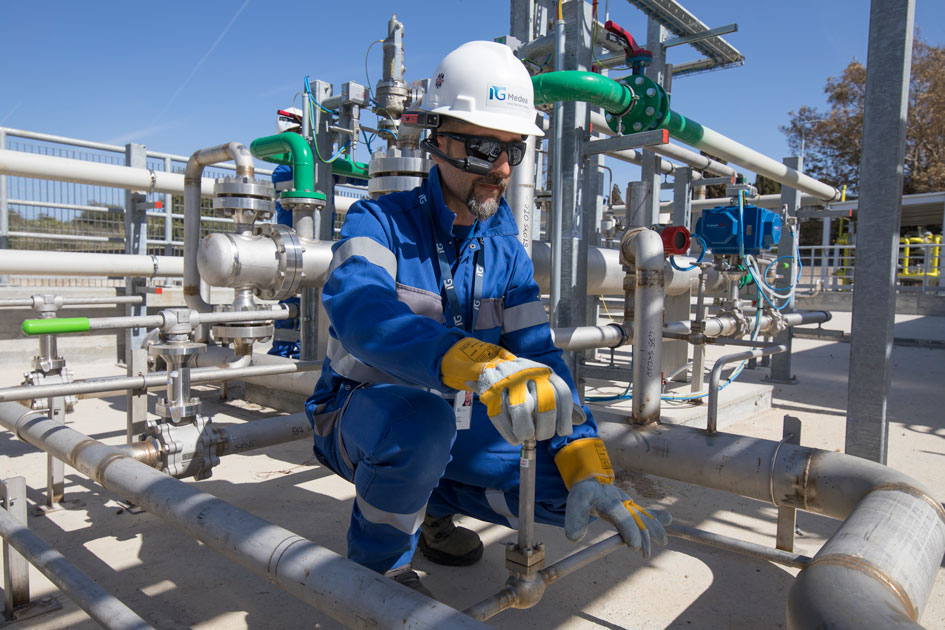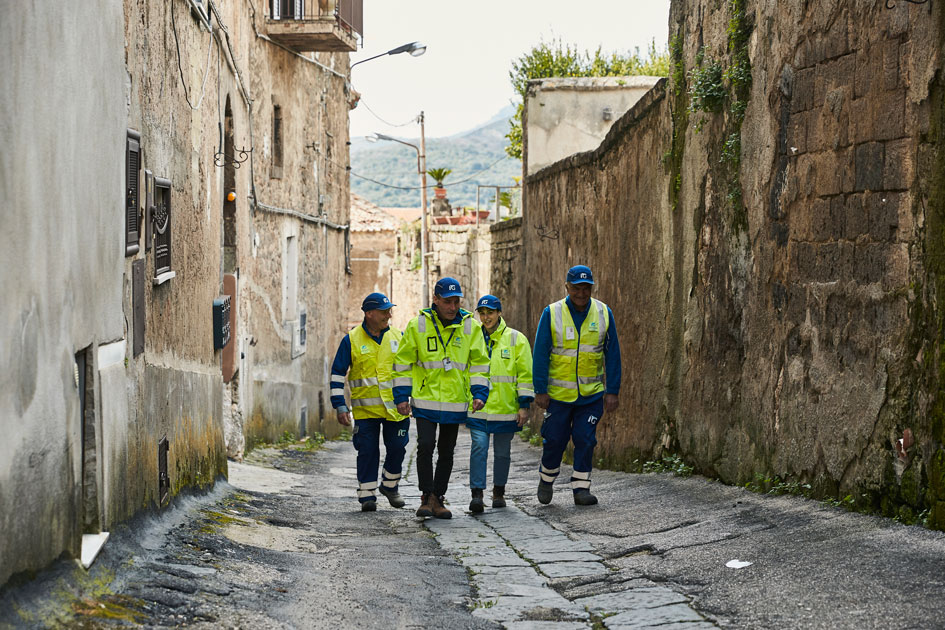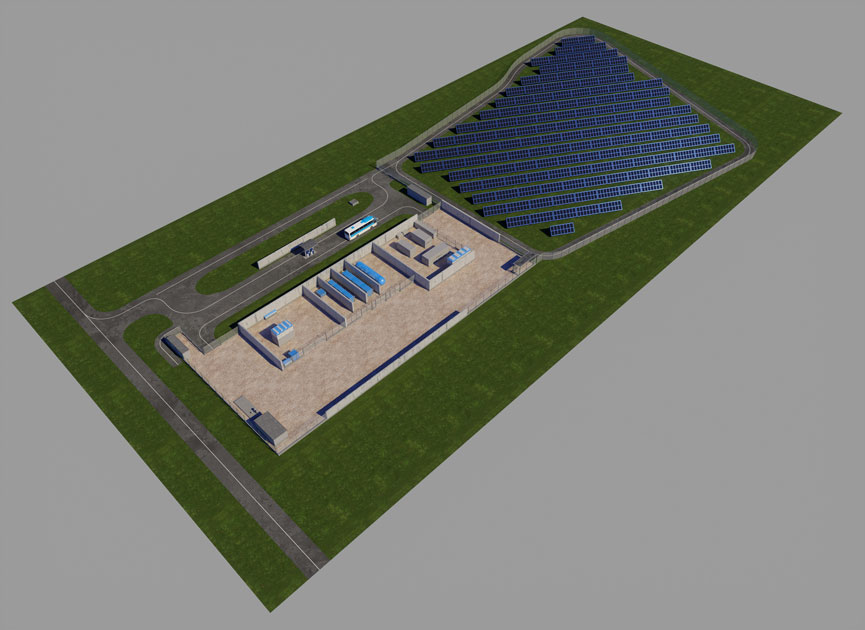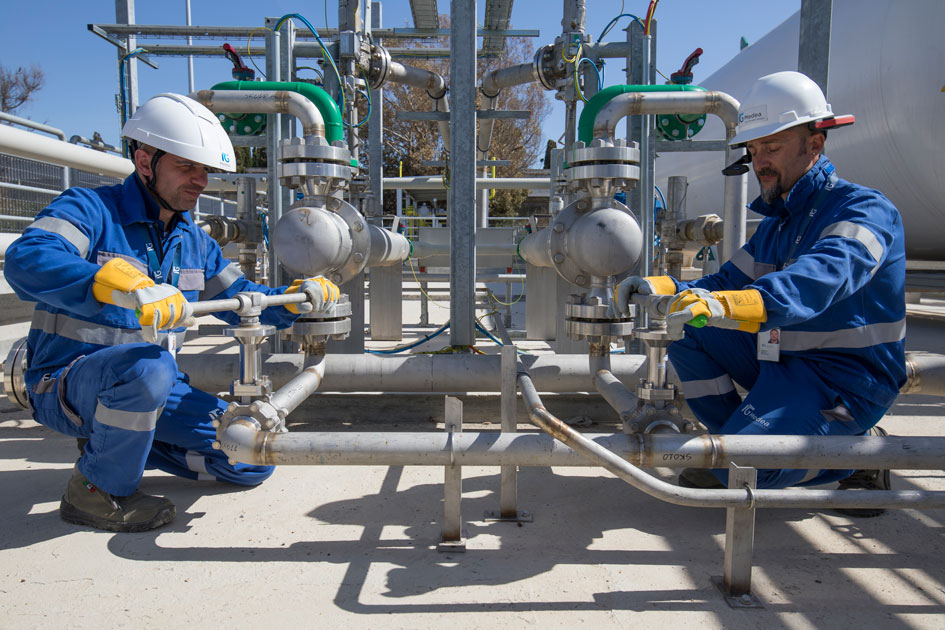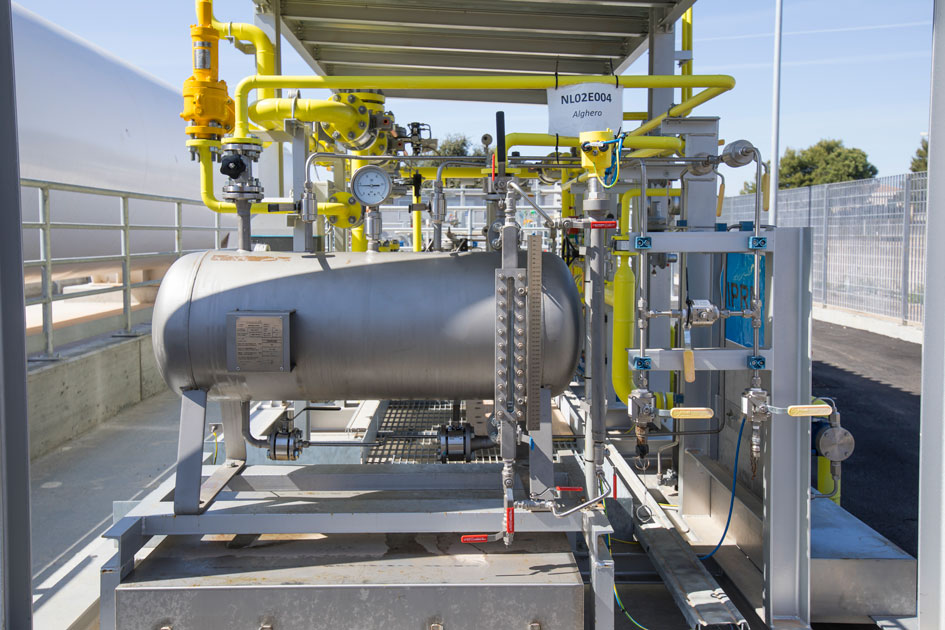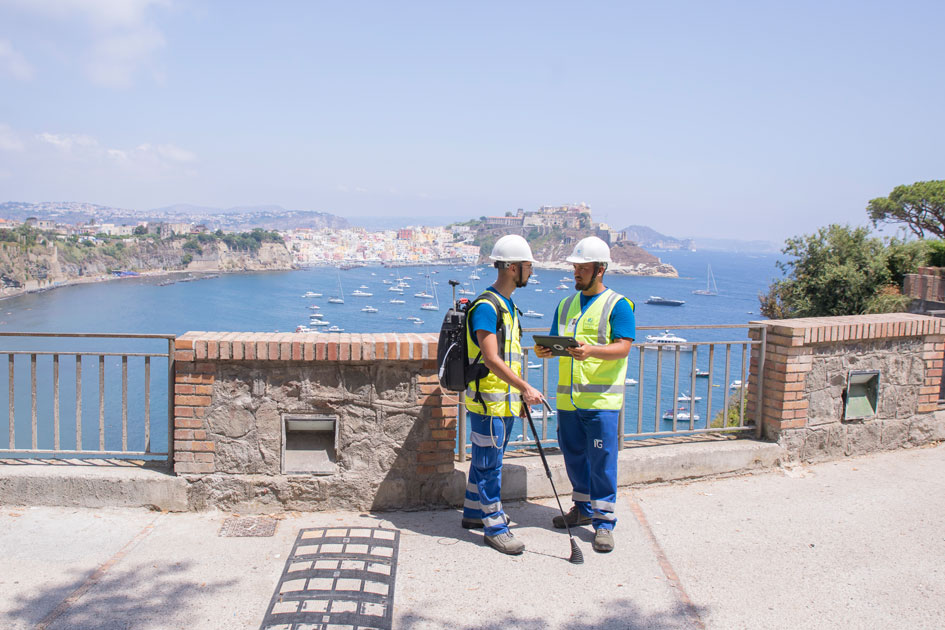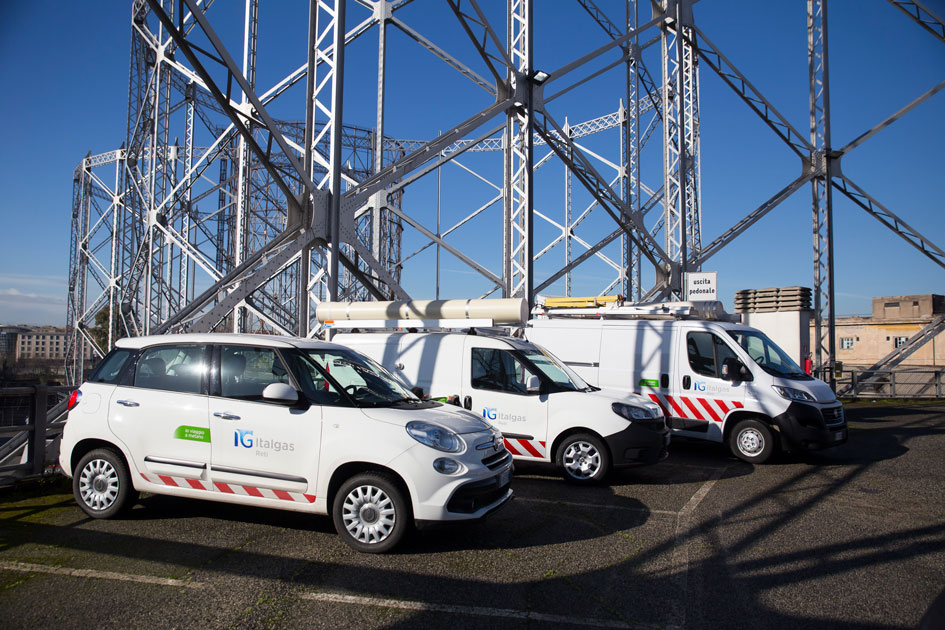The Group adopts a structured procurement process in line with the principles of free competition, equal treatment and transparency, based on traceable information.
Procurement regarding the pursuit of activities linked to the core business of Italgas mainly include work tenders for the development and maintenance of the network and supplies of materials and services (meters of various calibres and services of various types). In all tenders, both those managed in the Contracts Code and otherwise, the Italgas group applies sustainability criteria.
In 2020, Italgas updated and consolidated its procedure for issuing purchase orders, setting out the procurement activities for all companies in the Group, based on the Contracts Code for contracts of a public nature and on the Italyn Civil Code for contracts of a private nature. Access to tender procedures is guaranteed to all suitable companies according to the principle of equal opportunities and is regulated by the Contracts Code, Italyn Legislative Decree no. 50/2016 for the “over threshold” tenders and the “below threshold regulation”.
To ensure transparency and access for all, Italgas prefers to manage procurement activities electronically using the Purchasing Portal. In 2022, the Purchasing Department conducted 98% of tenders on-line (similarly to the trend seen in 2021), for both public and invitation-only procedures.
Under the scope of the tender procedures, in addition to applying the requirements laid down by the Contracts Code (Italyn Legislative Decree no. 50/2016) for a certain number of product categories, Italgas has also introduced, by way of rewarding criteria in assessing bids, the possession of requirements and certifications showing a clear attention to saving on resources and sustainable development.
In addition to the existing criteria – legality index (AGCM), accident rate (accident severity and frequency index), direct and indirect CO2 emissions, sustainability balance – in 2022 additional evaluation criteria were added to the bids, focussed on indirect emission factors (Scope 3) and waste management.
For 2023, the aim is to include further criteria in the social sphere (especially to raise awareness and monitor the growth of gender diversity within the supply chain) and the circular economy, both in the area of material reuse and waste recovery.


